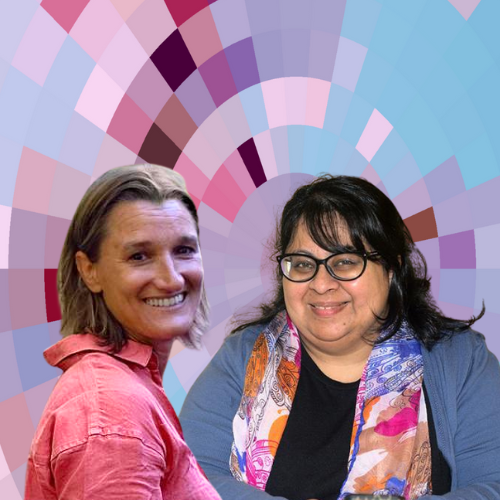
This presentation explores the implementation of radical flexibility and social justice principles in the Postgraduate Diploma in Blended and Online Learning Design (PGBOLD) programme at the University of Cape Town. Drawing on Nancy Fraser’s concept of participatory parity and Veletsianos and Houlden’s concept of radical flexibility, we explore how programme and course design can challenge traditional educational structures to create more equitable learning opportunities. The PGBOLD programme reimagines access to and success in postgraduate education by initiating changes across Fraser’s three dimensions. The programme responds to the maldistribution of resources – the economic dimensions – by creating opportunities for flexible financial structures and centring the use of open educational resources. PGBOLD responds to misrecognition – the cultural dimensions – by foregrounding representation of racial, linguistic, class and cultural diversity through “course buddies,” and personalised learning pathways. Thirdly, matters of representation – the political dimension – demand that the programme leverage policy changes, create entry points for different kinds of students and design opportunities for students to shape the programme. Furthermore, by structuring the programme around short courses that mirror formal courses and creating opportunities for stack-ability, PGBOLD enables participants to distribute costs over time, register for courses in ways that allow for more flexible pacing, and apply learning directly to their contexts. While implementing these changes required navigating institutional constraints, the program demonstrates the potential of a pragmatic flexibility that centres student agency while working to enhance flexibility in existing systems. This case study contributes to ongoing discussions about the purpose of higher education, questioning not just how to deliver education equitably, but what kind of educational future we want and for whom.
Please click on the facilitators’ name in the session info to view their bio.
This session will be recorded and shared on the website and on our YouTube channel
